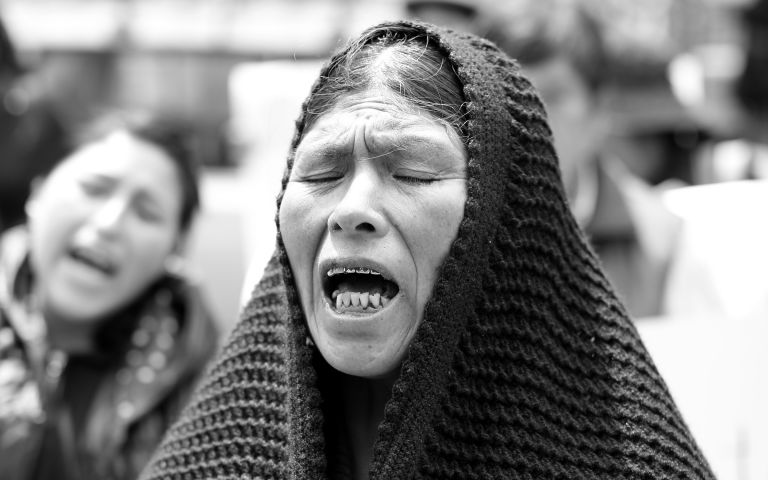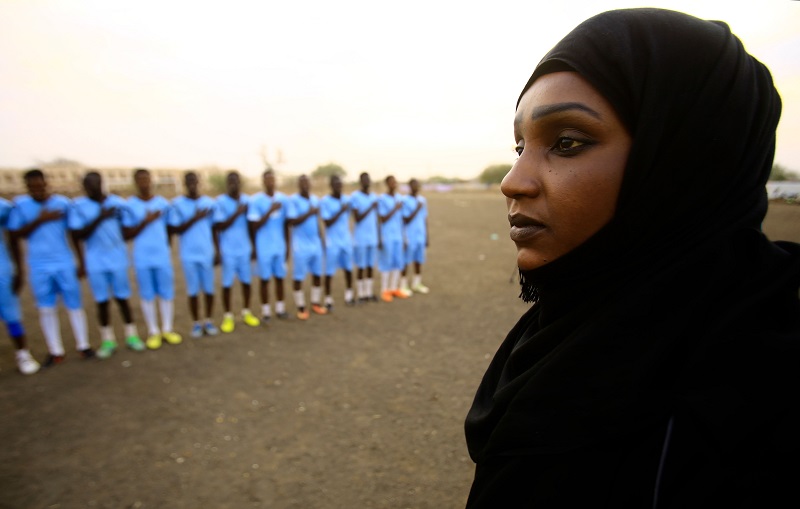Women are worried about losing the gains they made in peace processes now that governments are redirecting resources to combatting Covid-19 pandemic.
Participants in the 12th session of the Advisory Board for Women, Peace and Security in the Great Lakes region conducted via videoconference on May 12, said gender-based violence was on the rise at a time women are seeking protection and participation in upcoming electoral processes in the Great Lakes region, particularly in Burundi, Central African Republic and Tanzania.
Among the participants were co-presidents of FemWise-Africa, Dr Specioza Wandira Kazibwe and former president of CAR, Catherine Samba Panza.

Dr Kazibwe, a former Ugandan vice-president, called for more active deployment of FemWise-Africa members at all levels, including pre-election missions, structural conflict prevention activities, border dispute resolution and natural resource-based conflicts.
The meeting explored ways to promote women’s protection and participation in upcoming electoral processes in the Great Lakes region and in the lead-up to the 20th anniversary of the United Nations Security Council Resolution 1325 (of 2000).
Resolution 1325 recognised that armed conflict has a disproportionate impact on women. It further acknowledged that equal participation by women in the maintenance of international peace and security, an expansion of women’s roles in preventing and resolving conflict, and women’s protection can all contribute to the Council’s fulfilling its mandate of promoting and maintaining international peace and security.
While noting the role of women in creating more peaceful and equitable societies on the continent, speakers demanded that women be placed at the centre of efforts to prevent or resolve conflict in Africa, and particularly the Great Lakes Region.

